iPhone XS 64GB or 256GB: which size is best for you?
There's also a 512GB size, but you're deciding between iPhone XS 64GB and 256GB, aren't you?
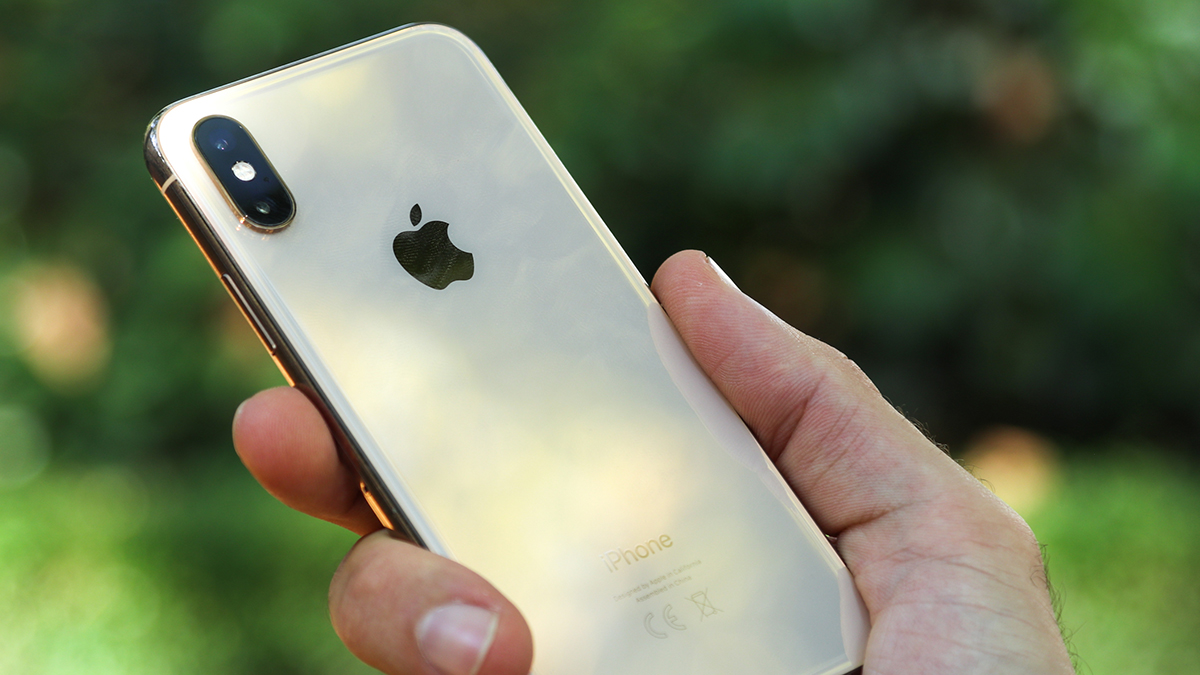
Deciding between the iPhone XS 64GB and the iPhone XS 256GB storage sizes is the hardest part of upgrading to Apple's newest phone. There's a tremendous disparity between the two sizes, and not a 128GB iPhone XS, sadly.
The iPhone XS 64GB is the base model that costs $999 (£999 / AU$1,629), while going for the 256GB version has you paying a hefty $1,149 (£1,149 / AU$1,879). And most people need something just over 64GB. It's a tough call.
Keep this in mind: unlike the choice of an iPhone XS color that you can change later with an iPhone XS case, your choice of storage is going to stick with you forever. Sure, some Android phones include microSD card slots so you can expand your space, but the iPhone has never offered such get-out-of-jail card. This makes choosing the right amount of storage from day one all the more crucial.
How you decide which amount of storage is right for you is going to depend on how you use your phone. We'll go over some different use cases and help you figure out which fits you, and from there determine how much storage you should get.
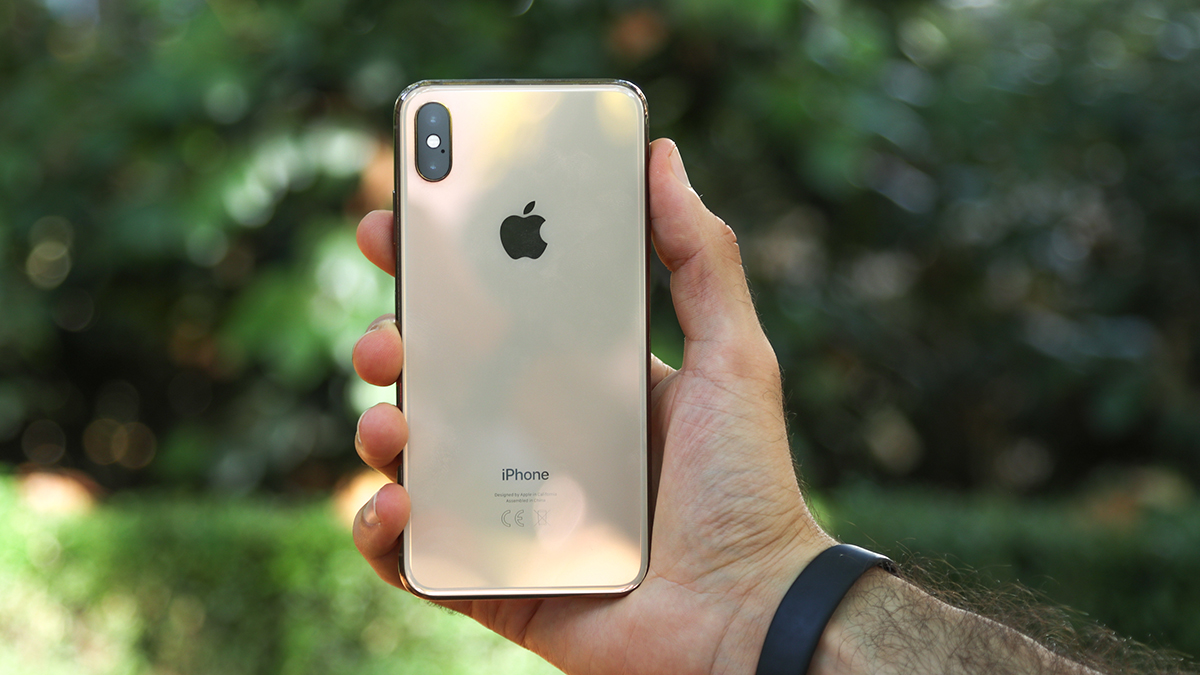
iPhone XS 256GB: If you're in it for the long haul
If you're the type of phone shopper who plans to buy a phone and use it for as long as possible, waiting until the battery eventually gives out and only last 30 minutes on a charge, then an investment in the iPhone 256GB storage model can be worthwhile.
Barring serious accidents, plenty of people can make their iPhone last several years. That's several years that your apps, photos, and videos, can start to really pile up in the phones storage. You may not record 4K video today, but you may in the future.
And, if your primary device these days is your phone and not a computer, then it's worthwhile making sure you've got as much storage as you might need. With the iPhone XS's high quality camera for stills and video, you'll likely start to see that seriously that data adding up. The extra up-front expense can be worth the headache down the line of regularly needing to offload photos and videos or delete apps just so you can keep using your phone like usual.
Sign up for breaking news, reviews, opinion, top tech deals, and more.
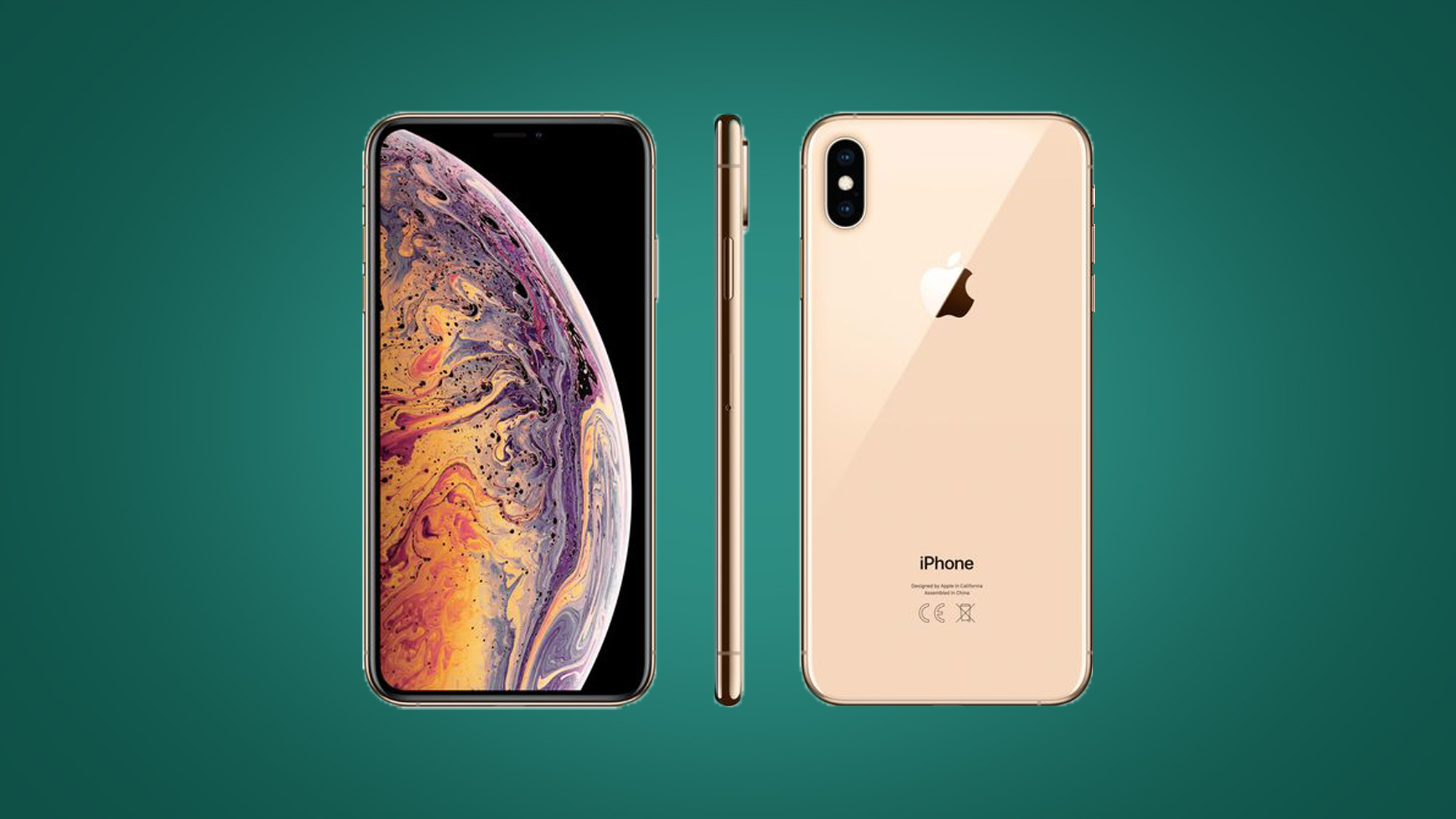
iPhone XS 64GB: If you upgrade annually
If you love to have the latest technology and upgrade your phone every year, save that chunk of change and just go with the iPhone XS 64GB model. Even if you have to offload all of your photos and videos to a computer or the Cloud once in a while, that's a smaller price to pay than the cost of a bunch of extra storage you might never even tap into.
For some reference, your friendly writer has been using the same phone for over two years and has only used 89GB of storage, and 44GB of that is a locally stored music collection that could be half that size by being a little more picky about what got transferred over.
Just being mindful about how much 4K video you're recording and how many Netflix/Amazon videos you're downloading to your phone (and forgetting to clean up) can go a long way to making 64GB of storage last.
Even if you're really into mobile games, you should be safe. We looked at some of the most popular games on iOS 12 and iOS 13, and they hardly add up to more than a few gigabytes of storage.
- Pokemon Go - 287.6MB
- Agar.io - 84.4MB
- The Sims Mobile - 131.5MB
- Candy Crush Saga - 259MB
- Sim City BuildIt - 156MB
- Flip Master - 231.2MB
- Subway Surfers - 222.8MB
- Jigsaw Puzzle - 274.1MB
- PUBG Mobile - 3GB
And, at the end of the year, you'll start over with a new phone. Who knows, maybe the iPhone 11 will start out with even more storage.
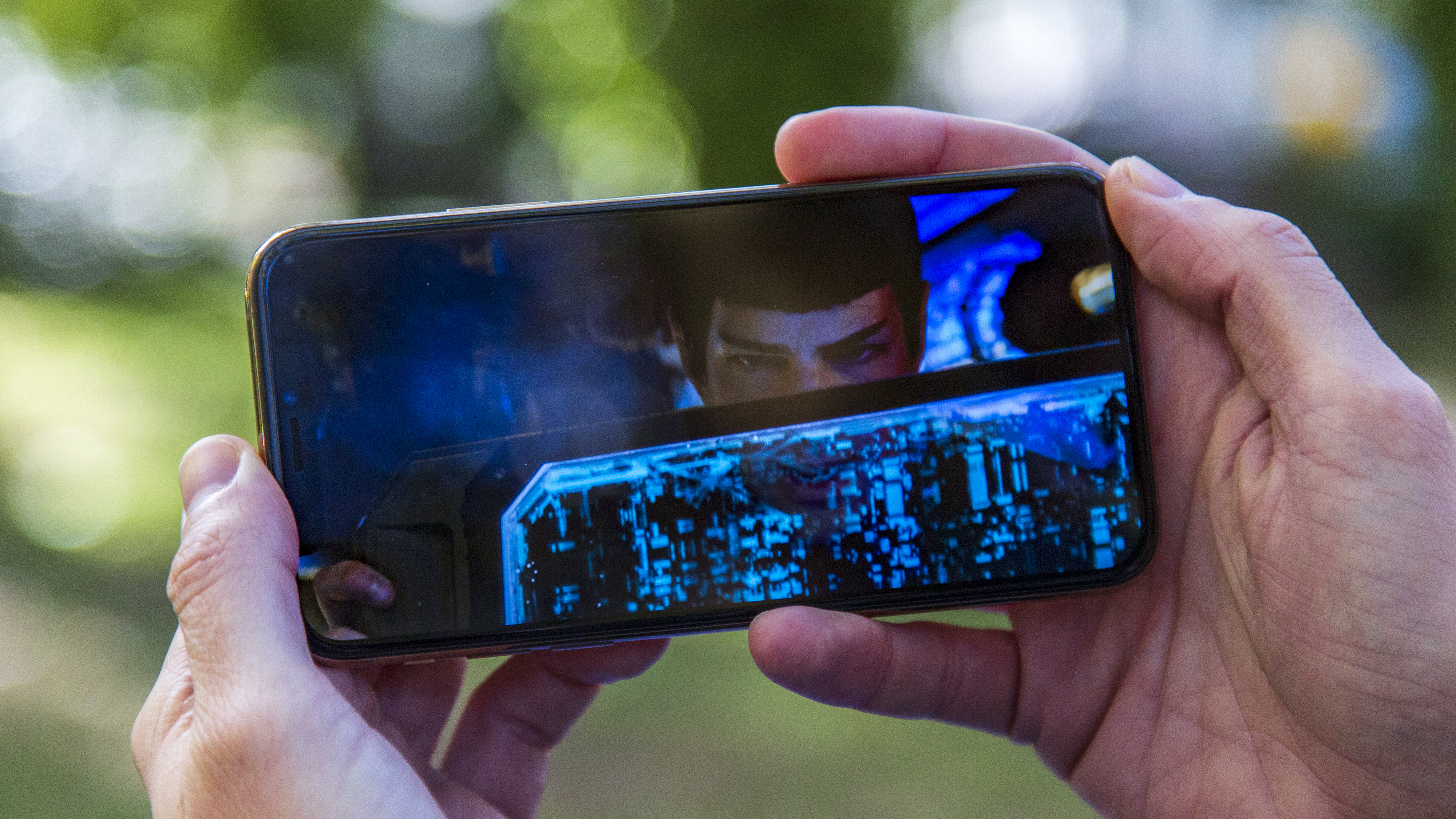
iPhone XS 64GB: Big streamer and cloud chaser
Love some Spotify? Dive deep in Netflix? More interested playing Triple-A games through Google Stadia than mobile games installed on your phone? Like uploading all of your photos and videos to iCloud? Then get the 64GB iPhone XS.
Music, videos, and games are bigger hogs of storage than even your whole text history with all of your friends. 64GB of storage is plenty of room for apps, and a good helping of media stored locally.
But, with streaming, you can enjoy easy access to a lot of content without needing to dedicate space on your phone for it. And, with cloud services, you can keep the footage you capture on your phone generally available without keeping it stored on your phone.

iPhone 256GB: the offline documentarian
If you love to use your phone to capture all the little moments in life, with high-resolution photos and 4K video, then you may be best served by the 256GB model. 4K video, in particular, takes up a lot of room. And if you're documenting little things every day, it will start to seriously add up.
Sure, you can offload that content to your computer once in a while, but the extra storage will ensure you don't have to do it nearly as often.
Then there's the matter of travel. If you especially love to jet-set to remote locales and continue to capture footage of your experiences, you may not get to rely on iCloud to store your footage. In that case, you'll really need as much storage available locally as possible.
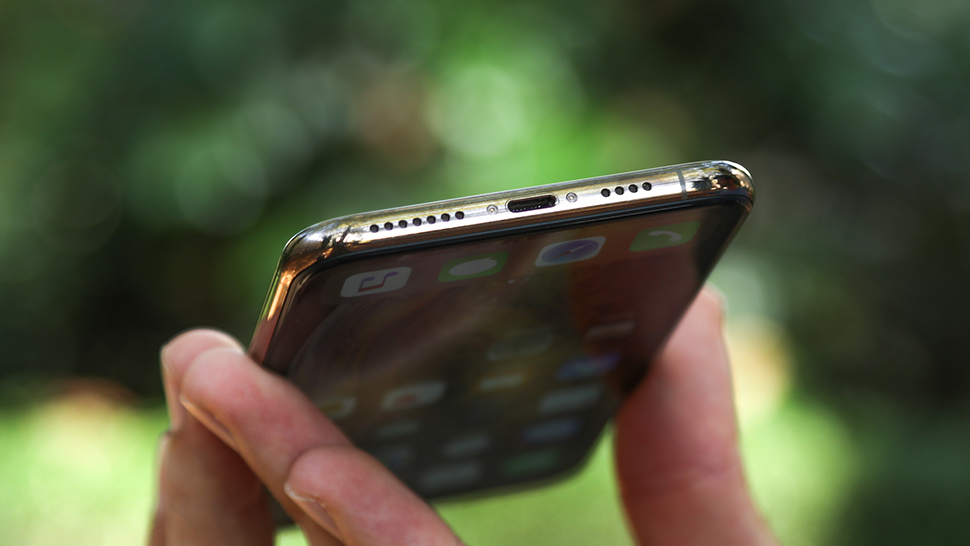
Will you need an iPhone 256GB later?
If you're still uncertain which way you should go, you can always just go with a 64GB iPhone XS and worry about extra storage later. There are some storage drives that can plug directly into iPhones' Lightning ports to offer an immediate increase in storage.
This option has a few benefits. You won't be paying for extra storage if you don't end up needing it. You can offload your photos and videos to a device that you'll still always have with you, so if you really want to show someone a video you took a year ago, you can show them without needing to go home or connect to iCloud.
And, you can count on this option being cheaper than upgrading the internal storage. Apple already charges a huge premium on storage, and paying for any technology early is a surefire way to pay more. Flash memory has a strong trend of decreasing in price (with some short-term exceptions), and if you end up needing an iPhone 256GB two years from now, it'll almost surely be a lot cheaper then now.

Over the last several years, Mark has been tasked as a writer, an editor, and a manager, interacting with published content from all angles. He is intimately familiar with the editorial process from the inception of an article idea, through the iterative process, past publishing, and down the road into performance analysis.